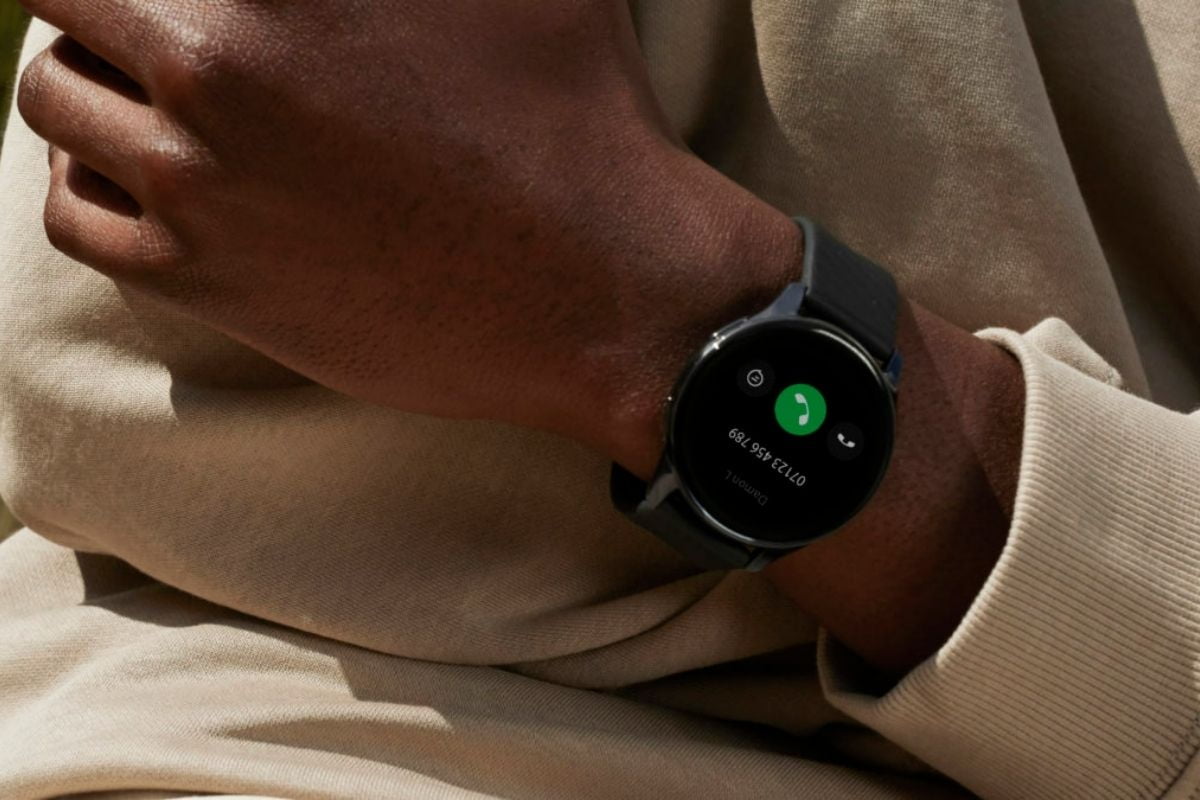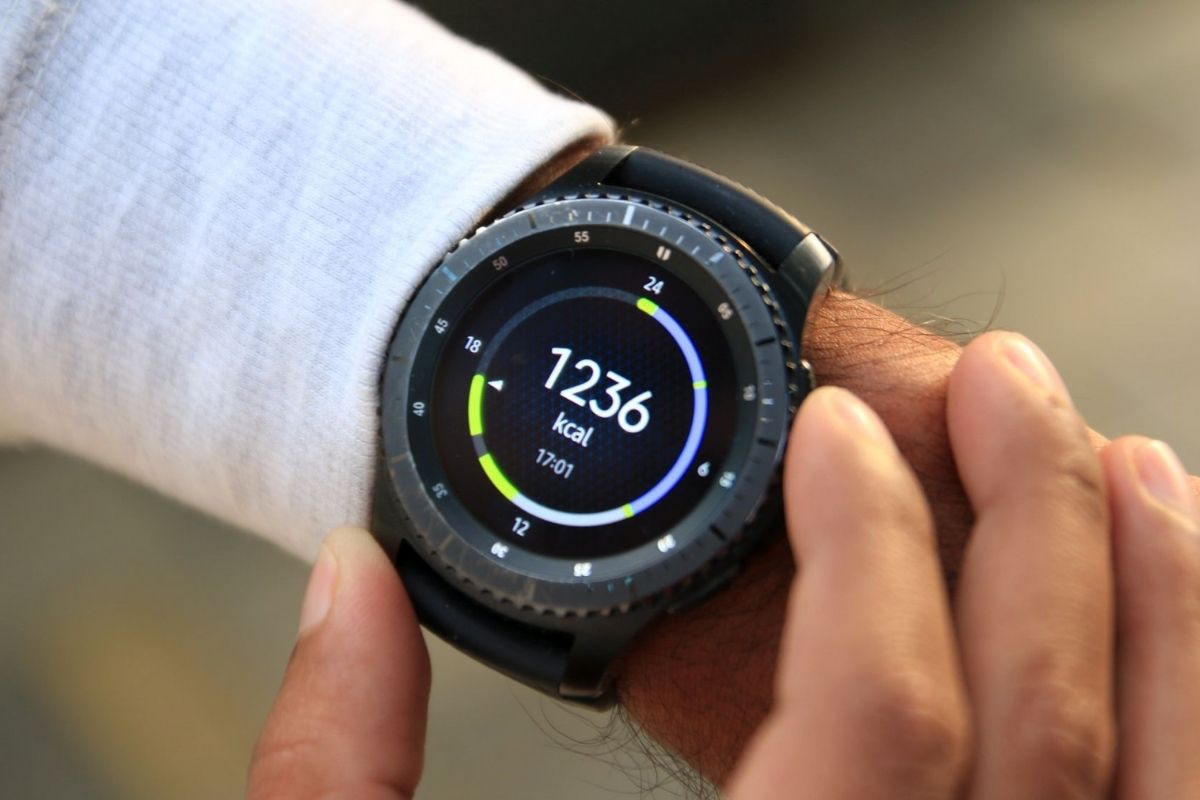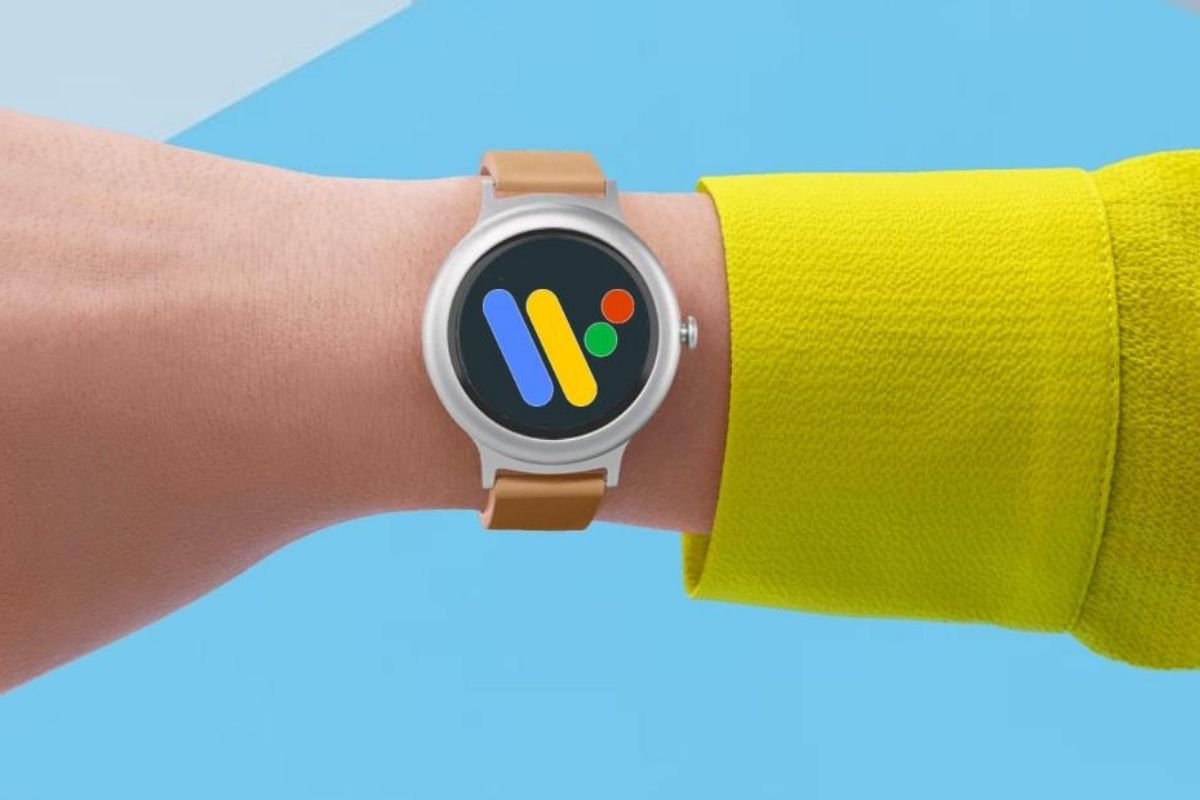
Multiple reports have revealed Korean Giant Samsung's intentions of launching a smartwatch during the upcoming Unpacked Event featuring an OS built in collaboration with Google's Wear OS and Samsung's Tizen. This bit of detail led to a lot of enquiry regarding this mysterious new operating system.
For an uninformed reader though, what might have stuck out could be the Tizen branding, which to most is unknown. So, what exactly is Tizen OS and why is it so important for Samsung? We intend to answer all your questions in regards to Tizen.
What Exactly is Tizen?

Tizen OS is an operating system that is based out of Linux and is maintained and looked after by the Linux foundation. It is primarily used by Samsung, due to which it has gained a bit of momentum in the market.
Theoretically, Tizen is open-sourced, so developers are provided with the ability to access the same in order to build and make apps and add them to third-party applications, key of which are certain Smart TVs and smartwatches.
There have been several different varieties of Tizen developed to run on various devices. Some of them are Tizen Wearable, primarily in use for Samsung Galaxy and Galaxy Gear smartwatches. Tizen Mobile on the other hand is used in the Z series of Samsung budget handsets, available in only a handful of markets.
Out of these use cases, what might have stuck out to you is the Tizen Wearable OS, which consists of an ecosystem different from Google's Wear, which for those wondering was earlier called Android Wear.
Is Tizen Present on Other Handsets?
The Tizen Store, present in most Samsung Tizen watches offers a small selection of applications in contrast to Wear, considering as to how the latter is used far more often, one ought not to crib too much. The former does include a lot of watch faces, which works with the Gear App that Samsung claims can bridge the gap between Android and Tizen apps.
Tizen OS has also been designed keeping the ability to use it with a bezel that rotates in mind, allowing for easier notification viewing and navigation, a bonus for circular smartwatches.
That is not all, however, since Tizen is also used in multiple vehicles as part of the onboard entertainment systems and, as another use case, it can also be found within smart appliances, some of them being washers, refrigerators and smart bulbs.
Is Google's Wear Better than Tizen?

One query that you might have is why does Tizen exist when Wear is a larger entity. Well, there are more Google Wear users due to the sheer amount of brands using the OS, but Samsung watches mostly choose Tizen. Most Samsung watches have rotating bezels, but, not all Wear smartwatches are circular in shape.
Google does push developers to add Wear support, in a bid to offer a better selection of applications to the end-users, in contrast to Samsung, which builds in Samsung apps with Tizen, but the overall third-party support is dismal in comparison to Wear.
Payment options and voice assistants also differ, with Samsung opting for Samsung Pay and Bixby over Wear's Google Pay and Google Assistant, but, that is where the main differences end.
All in all, it will be very interesting to see what Samsung does with this new OS, considering that it might aim to merge the two popular OS options in a singular system.















